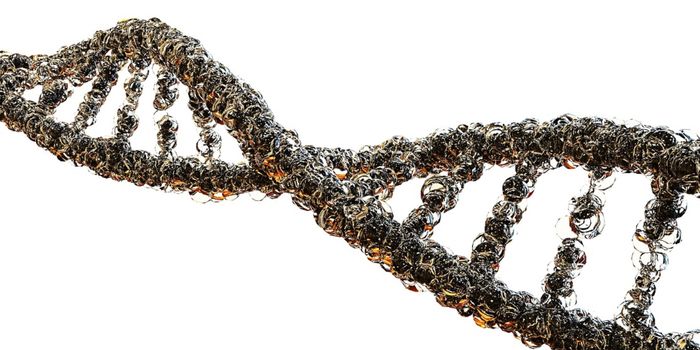Social Status Influences Genetic Health in Monkeys
New research suggests that the effects of social adversity may linger on in DNA and negatively affect health later on. In a study conducted by the University of Chicago and Duke University, researchers found that lower social ranks tended to lead to a highly proinflammatory response to both bacterial and viral health issues.
For the study, the scientists observed 45 female rhesus macaques at the Yerkes National Primate Research Center in Atlanta between 2013 and 2015 (Sanz: 2019). Typically, captive female macaques tend to jockey with each other to establish a pecking order. Dominant females are then able to do as they please, having first access to food and space, grooming, and being able to dictate over the others. Meanwhile, more subordinate females must wait their turn.
To begin the experiment, the researchers split the macaques into groups of five, ensuring that all of the females were unrelated and did not know each other prior. They then introduced them to each other one by one. Typically, they found that earlier arrivals to the group tended to outrank newer arrivals- these inevitably being picked on and showing more submissive behaviors (Smith: 2019).
After a year of having established these social heighearchies, the researchers then reshuffled the groups and re-introduced the monkeys in a different order to encourage a new pecking order. Tending to lead to differences in each macaque’s status, monkeys who were subordinate before become more dominant and vice versa.
In a previous study from 2016, researchers showed that a female’s rank affects whether thousands of genes are turned on and off in her blood cells, thus affecting the immune system. In low-ranking females, many of these genes are “stuck” on or off, leaving their immune systems easily, and often unnecessarily, triggered by microbial threats.
Thus, following observations on the monkeys’ hierarchies, the researchers took samples of each monkey’s blood to see whether previous social rank played a role in these genetic switches. Their results showed that a total of 3,735 genes remained affected by previous hierarchy, regardless of her current position. Moreover, females who had descended on the social hierarchy also experienced changes in their genetic switches (Sanz: 2019).
According to co-author of the study, Jenny Tung, “Our results suggest that your body remembers having low social status in the past,” Tung said. “And it holds on to that memory much more than it would if things had been really great (Smith: 2019).”
Sources
Sanz, Joaquin: PNAS
Smith, Robin A.: Duke Today









